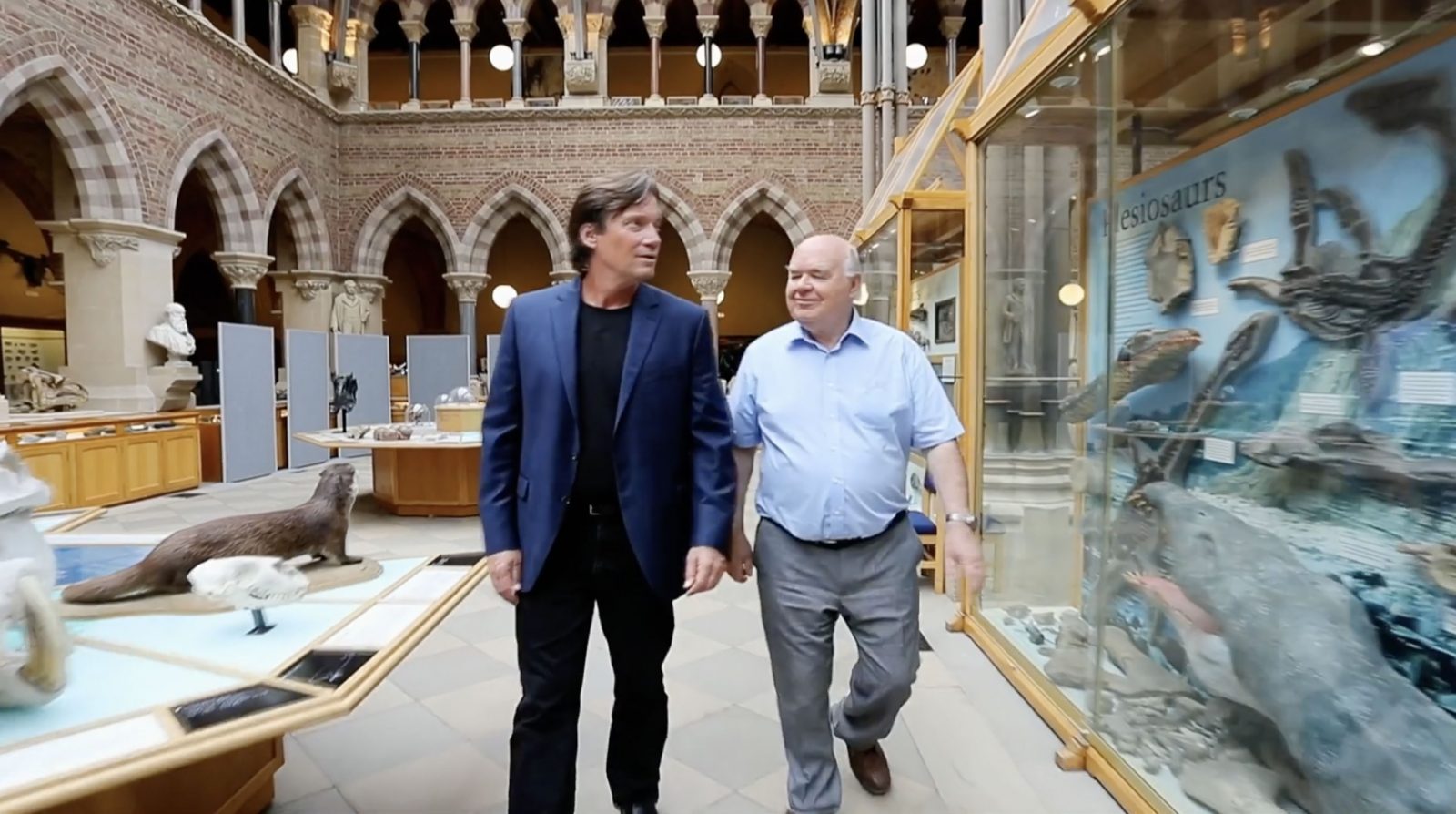
Stephen Meyer Defends His New Book to Cosmologist Brian Keating, Pt. 3
Today’s ID the Future concludes the conversation between Stephen Meyer, author of the newly released USA Today bestseller Return of the God Hypothesis, and UC-San Diego physicist Brian Keating. In part three they discuss divine extravagance and the question of why, if the universe was made for humans, did it take so long before humans came onto the scene? From there Meyer turns to the evidence for intelligent design from the digital information embedded in DNA and RNA. Is this book just another intelligent design argument, similar to his previous two books? Meyer says it is that, but it goes further, combining an intelligent design argument with evidence from science outside the scope of ID science in order to draw some inferences about the nature of the designer of life and the universe. As Meyer says, when you take the ensemble of evidence from biology, paleontology, physics, and cosmology, one finds that the evidence points toward not just any sort of designer but toward one consonant with the God of theism. This three-part conversation is borrowed, with permission, from a recent episode of Keating’s show, Into the Impossible. Get a copy of Meyer’s bestseller here.






